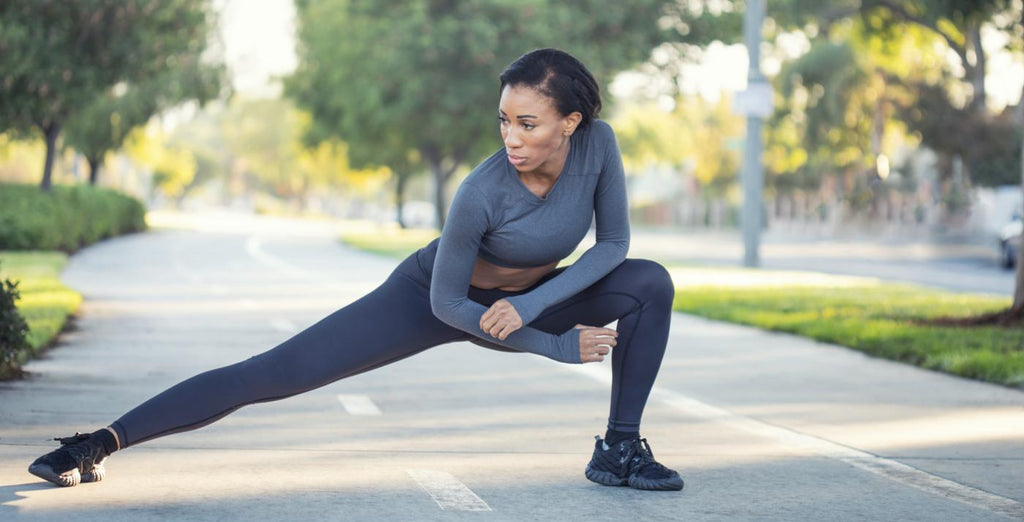Anyone who exercises regularly has probably experienced the joy of a great workout, only to spend the entire next day (or two) hobbling around, massaging sore muscles. Amino acids make up EAA and BCAA, and they are essential for fueling your workouts. They can also help you recover more, well, gracefully. But what are amino acids anyway, which ones do you really need, and what’s the best way to get them?
What are EAA and BCAA?
Often called the “building blocks of protein,” amino acids are organic compounds that make up proteins. Humans need 20 amino acids for optimal functioning, but 11 of those are automatically produced by our body and do not need to be supplemented (thanks, body!) The other nine amino acids aren’t produced by the body, and must be obtained through the food we eat or by taking supplements. These nine are called the essential amino acids, or EAA, and they include histidine, isoleucine, lysine, leucine, methionine, phenylalanine, threonine, tryptophan and valine. Three of the nine EAA (leucine, isoleucine and valine) are called the branched-chain amino acids, or BCAA.

What's the difference between EAA and BCAA?
The nine EAAs are a busy bunch. They have a whole host of functions, including playing a role in digestion, muscle development, tissue repair, maintaining energy, regulating mood and keeping hair, skin and nails healthy.**
The trio of amino acids that make up the BCAA is especially important for fueling workouts and alleviating fatigue and soreness after you’re done, so it makes sense that BCAA supplements are often used by athletes to turbocharge their training and ease recovery. What are BCAA and EAA supplements? Simply put, they’re pills or powders which contain those three or nine essential amino acids, respectively, and sometimes other powerhouse ingredients like magnesium or caffeine.

Do I need both EAA and BCAA?
While some may wonder if EAA are better than BCAA, it’s actually not the case that one is better than the other. A lot of people ask if they can take EAA and BCAA together and the answer is a resounding yes. More and more people are now opting to supplement with both EAA and BCAA. Why? Jamie Hickey, nutritionist and Founder of Truism Fitness tells Lively that “taking an EAA at the same time as a BCAA supplement will dramatically increase your energy levels and mood, while driving protein synthesis through the roof. There [have] beenstudies done showing that higher levels of BCAA in your blood will increase the effectiveness of the EAA supplement.”** So, you can think of EAA and BCAA like pancakes and eggs; sure you need an egg to make pancakes, but a couple more eggs on the side only makes things better.
Bansari Acharya, RDN, notes that if you’re taking BCAA and EAA together, it’s important to “make sure that the amount of BCAA in the EAA do not exceed the recommended amount.” Choosing a supplement that combines the two already, like Vital Performance™ RECOVER, is a good way to help ensure that you’re not exceeding the recommended amounts, without having to do too much mental math.
When should I take EAA and BCAA?
You can get benefits from taking EAA and BCAA any time, but you’ll get the best results if you take them during your workout, or right after. “The best time to take your dose of EAA is right after your workout to help increase anabolic rates and help with soreness,” Hickey tells Lively. Increasing anabolic rates can help the body build muscle mass.So before you head out for a workout, grab your EAA and BCAA supplement or enhanced drink of choice and sip your way to stronger muscles and a smoother recovery.**













